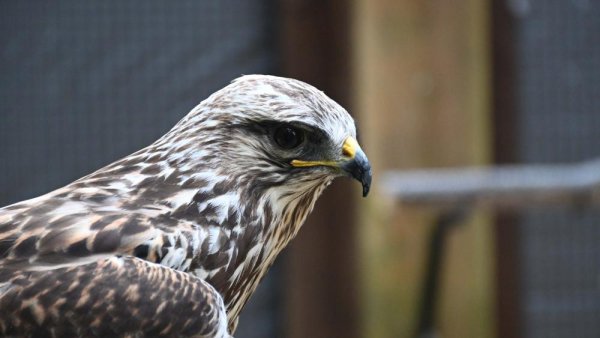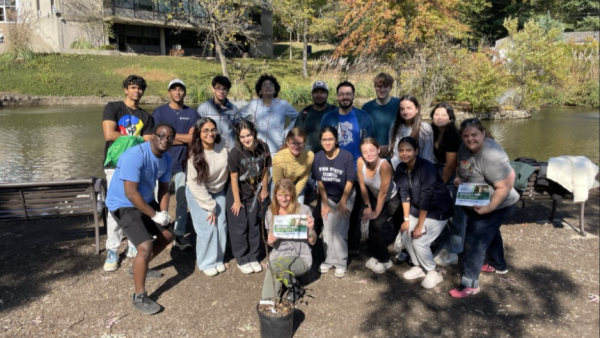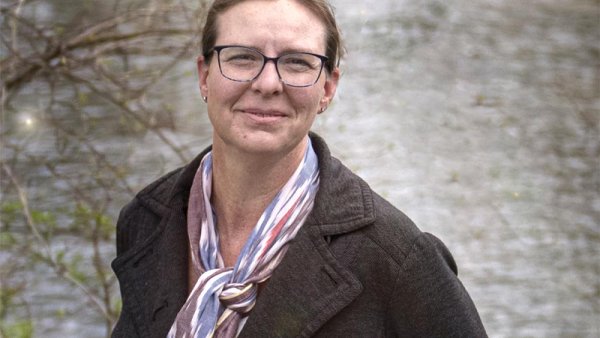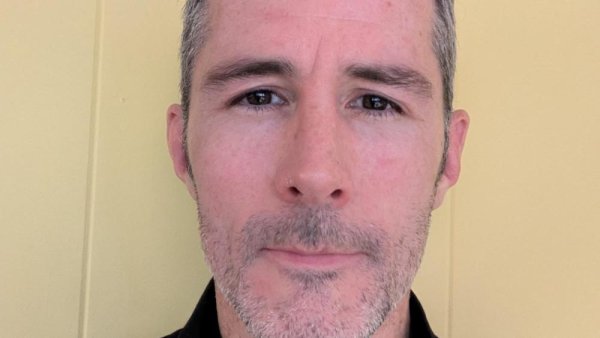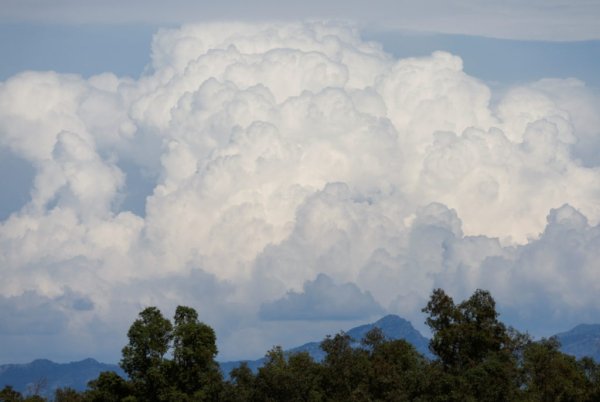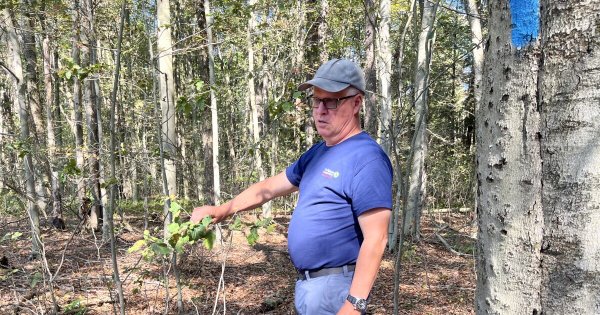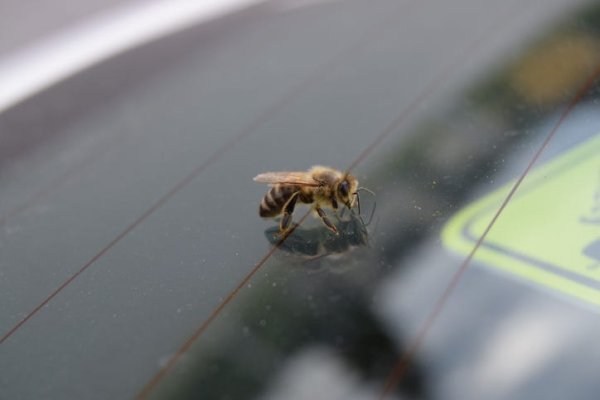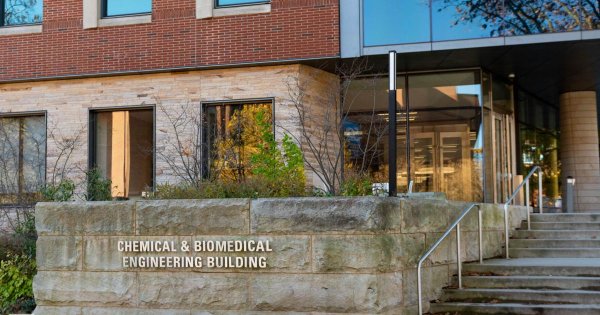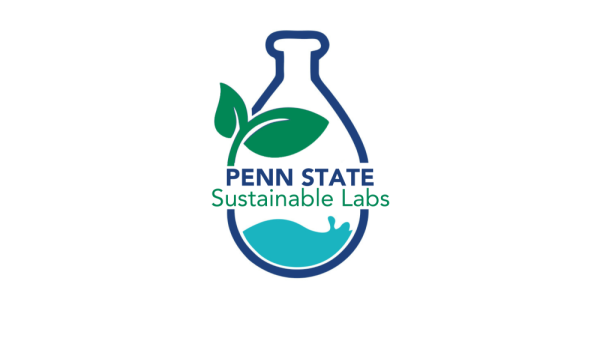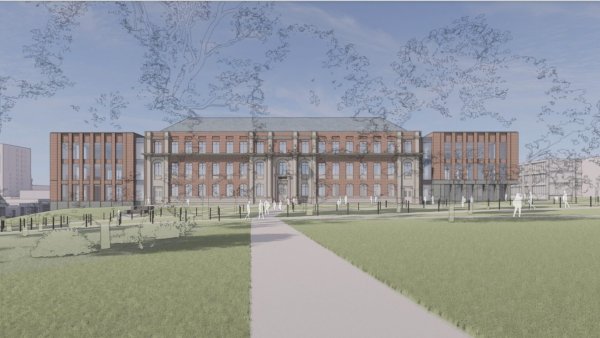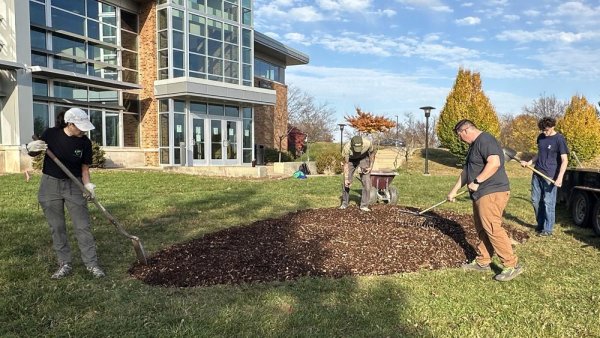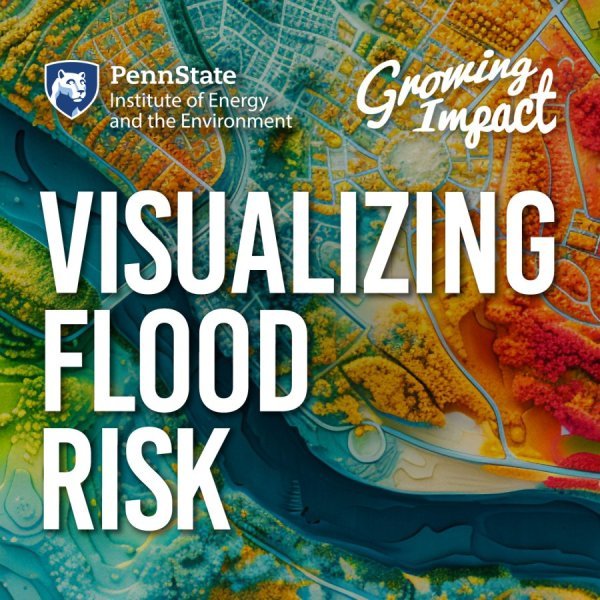Three new hawks join flock at Shaver’s Creek Environmental Center
| psu.edu
Three new hawks have joined the flock at the Klingsberg Aviary at Shaver’s Creek Environmental Center, including a forest-dwelling goshawk and two rough-legged hawks native to Pennsylvania’s grasslands.
Penn State Global hosts Day of Service, leadup to sustainability conference
| psu.edu
On Oct. 12, Penn State Global hosted a multi-campus synchronous Day of Service aimed at getting students involved in sustainability work in their communities. More than 80 students from five campuses – Abington, Berks, Brandywine, Great Valley and University Park – participated in four service experiences, which conclude with the Global Sustainable Action Conference on Nov. 16-17.
EarthTalks: Chief sustainability officer to discuss decarbonizing the University
| psu.edu
Lara Fowler, chief sustainability officer at Penn State, director of Penn State Sustainability, and teaching professor of law, will give the talk, “Decarbonizing Penn State: How Does Law, Policy, and Financing Fit In?” at 4 p.m. on Monday, Nov. 18, in 112 Walker Building on the University Park campus, as well as via Zoom.
Talk to explore flood management, infrastructure funding in New Zealand
| psu.edu
Patrick Walsh, an economist at the U.S. Environmental Protection Agency, will give the talk, “Distributional Impacts of Flood Adaptation and Infrastructure Funding in New Zealand,” at noon on Wednesday, Dec. 4, in 157 Hosler Building on Penn State's University Park campus.
Microplastics may affect weather and climate by producing clouds, researchers find
| pbs.org
Clouds affect Earth’s weather and climate in many ways. New research suggests that the presence of microplastic particles may affect weather and climate by producing clouds in conditions where they would not form otherwise. This article was originally written for The Conversation by Miriam Freedman, professor of chemistry, and Heidi Busse, doctoral student in chemistry. It was also published by Wired and Yahoo.
'Everything becomes a little bit less stable': native Pennsylvania trees battle two diseases
| wesa.fm
A native Pennsylvania hardwood tree is facing extinction. Beech trees are being attacked by two separate diseases – one moves very slowly while the other is rapidly deteriorating the trees' population. This article quotes Vincent Cotrone, urban forestry and natural resource educator for Penn State Extension.
Study: Your highway commute is contributing to bee deaths
| audacy.com
As pollinators, honeybees are important part of the Earth’s ecosystem. Populations of the insect have been on the decline, causing concern about crops, and highway traffic may be a contributing factor. This article mentions Penn State research.
Penn State’s chemical engineering program celebrates 100 years
| psucollegian.com
Penn State’s chemical engineering program started as an “offshoot” of Penn State’s Department of Chemistry, according to professor of chemical engineering Dr. Andrew Zydney’s work “Chemical Engineering at The Pennsylvania
Penn State Sustainable Labs Program kicks off third year with cohort of 21 labs
| psu.edu
Penn State's Sustainable Labs Program, now in its third year, is enhancing sustainability in research labs across the University. The program has expanded to multiple campuses with more than 70 labs and 600 researchers as part of current or past cohorts.
Construction Set to Begin on $89.9M Sackett Building Renovation, Additions at Penn State
| statecollege.com
Work on major renovations and additions to Penn State's historic Sackett Building is expected to begin this month, following approval by the Board of
Did plate tectonics give rise to life? Groundbreaking new research could crack Earth's deepest mystery.
| yahoo.com
Emerging evidence suggests that plate tectonics, or the recycling of Earth's crust, may have begun much earlier than previously thought — and may be a big reason that our planet harbors life. This article quotes Jesse Reimink, assistant professor of geosciences.
Patch Project creates 'mini forests' in Beaver County community
| psu.edu
The Patch Project, an initiative between Penn State Beaver and local non-profit Reforest Our Future, aims to restore natural elements to the local landscape. Ten small patches of forest will be planted around Beaver County. The project is being completed with funds from the inaugural Commonwealth Campus Undergraduate Community-Engaged Research Award.

